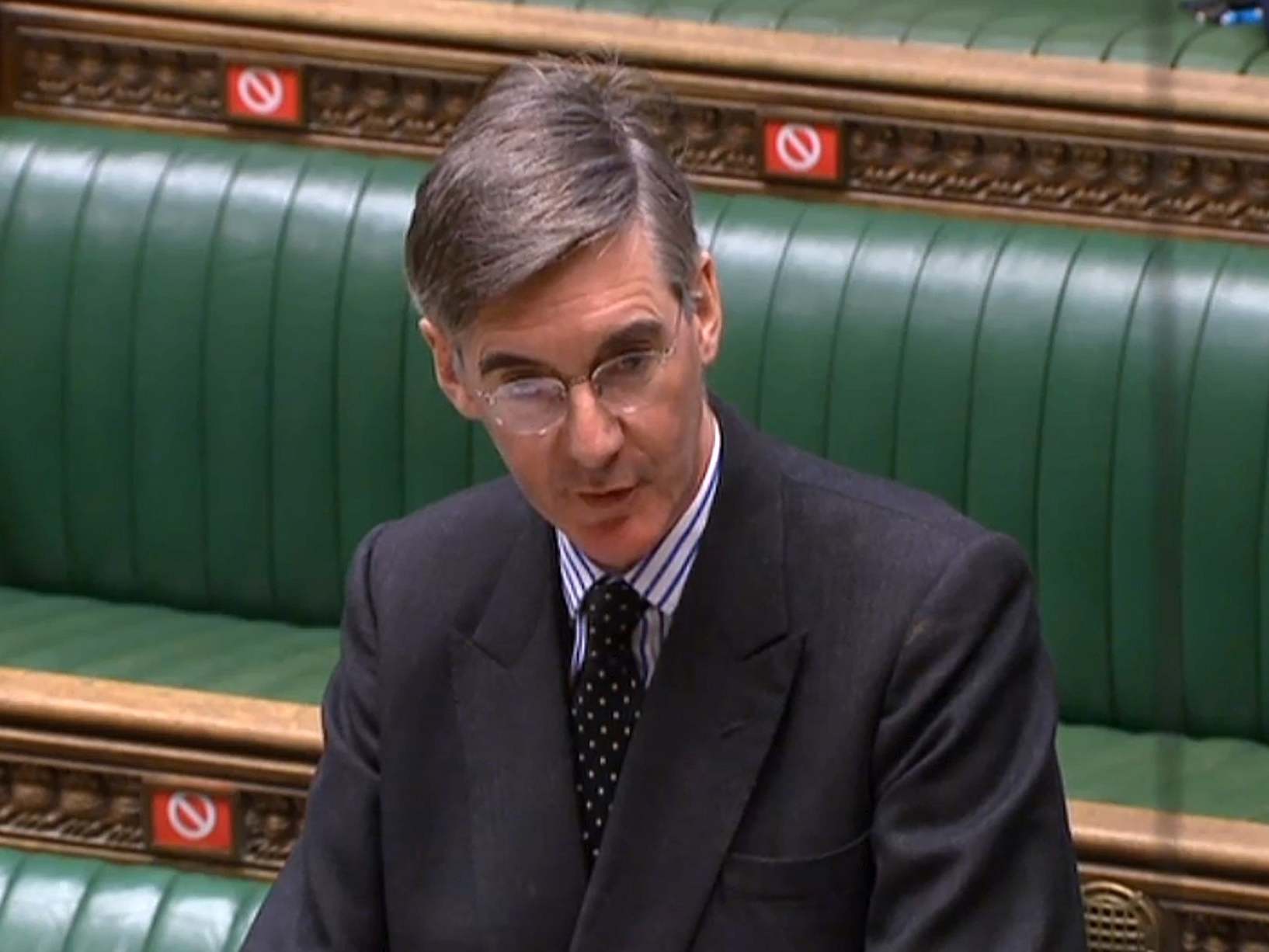Why are MPs going to be forced to come back to Westminster next week?
MPs are returning to parliament because they want to. Conservative traditionalists in particular regard remote video contributions as an abomination and many Labour MPs quietly agree with them, writes John Rentoul


Just before the House of Commons broke up for its Whitsun recess on Wednesday, MPs voted to end their brief experiment with virtual democracy, which means they will have to attend in person if they want to take part when parliament resumes on 2 June. To be pedantic, the vote, which was held digitally, was not explicit. It merely set out the arrangements for the rest of the day’s business, but the only way to continue the rules allowing MPs to take part remotely would have been to vote against the motion.
As it was, the motion was carried by 350 votes to 258, a government majority of 92, and so the rules allowing remote participation will lapse automatically.
The cynical interpretation is that Boris Johnson wants his baying support act back to bolster him against a new and effective leader of the opposition. The cynical interpretation is wrong: the rules on social distancing are not changing, so the maximum number of MPs allowed in the chamber will still be 50.
For Wednesday’s Prime Minister’s Questions, there was a full and even a supernumerary turnout of Conservative MPs. There were 33 of them in the chamber to cheer on Johnson – 24 on the government benches, four standing and five in the seats on the “wrong” side of the chamber by the door. They made as much noise as they could, but it was a bit U14 Sunday league compared with Wembley stadium.
No, the reason MPs are coming back is because they want to. Conservative traditionalists in particular have been chafing at the lockdown in general and the restrictions in parliament in particular. They regard remote video contributions as an abomination, and many Labour MPs quietly agree with them.
They have a champion in the form of arch-traditionalist Jacob Rees-Mogg, who happens to be in the powerful position of leader of the Commons, and who gave a passionate speech about how it was essential that MPs were there in person for meaningful democratic accountability.
Rees-Mogg said that most of parliament’s staff could continue to work from home, as could MPs’ assistants, but that MPs themselves needed to be there to do their work. He made the point that, except for during PMQs, there were rarely anything like as many as 50 MPs in the chamber.
One question that needs to be sorted out is voting. The traditionalists hate digital voting and regard voting in person as almost a sacred rite. But each vote used to take 15 minutes, and if MPs have to keep two metres apart they will take twice as long.
But the biggest problem, which I hope Rees-Mogg and the house authorities are discussing now, is that there are 24 MPs who are aged 70 or over, and a few others, such as Robert Halfon, Conservative MP for Harlow, who are clinically vulnerable. I do not see how MPs can shut them out of their proceedings, and expect an exception to be made for them as soon as the house returns.
Yours,
John Rentoul
Chief political commentator
Join our commenting forum
Join thought-provoking conversations, follow other Independent readers and see their replies
Comments